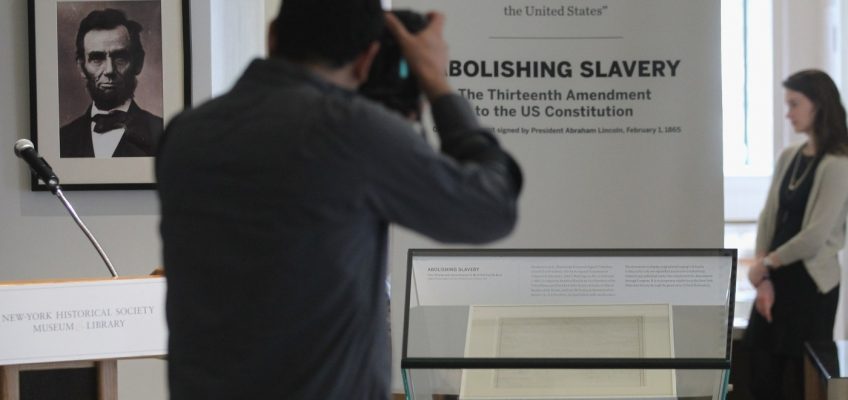There was a lot of talk this week about the culture that Kevin O’Connell has worked hard to build in Minnesota.
It’s what the Vikings hired him in to do, and while O’Connell has championed the transformation in good times, he has done so with an understanding that the biggest test for the culture would come in bad times.
This recent stretch of futility might as well be the MCAT.
This is the first time the Vikings have vastly underperformed with O’Connell leading the charge. This was a roster designed to compete for the Super Bowl. It might actually be competing for a Top 5 pick in the 2026 NFL Draft by the end of this month.
The playoffs odds went out the window for the Vikings following last Sunday’s 26-0 loss to the Seattle Seahawks.
It’s left the Vikings playing for nothing more than pride when they host the Washington Commanders on Sunday afternoon at U.S. Bank Stadium.
“We need to all respond the right way together,” O’Connell said. “We’ve got the leadership to do it.”
That statement starts and stops with Justin Jefferson.
As much as O’Connell deserves credit for the culture he has built, Jefferson could easily burn it to the ground if that’s what he wanted to do. That’s the hardest part about the buzzword so commonly used in sports: It doesn’t matter how good the culture is; it can never supersede the superstar.
The fact that Jefferson has continued to buy what O’Connell is selling amid the worst stretch of his career speaks volumes about who he is as a person. He’s everything the Vikings could ever hope for when it comes to their face of the franchise. That’s largely because of the way he carries himself on and off the field.
“He obviously wants to win,” O’Connell said. “He’s as competitive as anybody I’ve ever been around.”
That competitiveness hasn’t come at a cost, however, as Jefferson has never once gone out of his way to place blame on anybody else. But the frustration momentarily got the best of him when he declined comment after the Vikings were shut out by the Seahawks. Maybe because he didn’t want to say anything he knew he would regret. He was back at the podium this week vowing to keep it pushing.
“This season isn’t over,” Jefferson said. “I will never sit there and give up on this team and quit.”
That mentality is something the Vikings shouldn’t take granted. Especially considering that they have employed their fair share of outspoken superstars of the past couple of decades. It’s not hard to imagine Randy Moss or Stefon Diggs going nuclear right now if they were in Jefferson’s shoes.
It’s clear the Vikings miscalculated by thinking J.J. McCarthy was ready to pick up where Sam Darnold left off. Instead, the 10th overall pick in the 2024 draft has proven to be a project, forced to re-learn the fundamentals of playing the position.
Not ideal for Jefferson considering he’s in the prime of his career and should be operating at the peak of his powers. This is a guy who has been on a trajectory that was pretty unprecedented since he was a rookie. He could potentially flirt with Jerry Rice’s seemingly untouchable records if he manages to stay healthy deep into his 30s.
Now he’s on pace for the lowest output of his career.
“You have to have a lot of patience,” Jefferson said. “We’re 4-8. That’s definitely difficult to go through. It’s definitely not exciting to lose games.”
A few minutes later, Jefferson was given yet another chance to roll McCarthy under the bus. He wouldn’t.
“I can’t say enough about him,” the young quarterback said. “You see a lot of receivers around the league be a Me Guy, and he’s not a Me Guy at all.”
That’s why the culture works for the Vikings. It’s as simple as that. All of the effort that O’Connell has put into building it wouldn’t mean anything if the team’s best player wasn’t serving as the foundation.
“It’s all about us sticking together and not really listening to the outside noise,” Jefferson said. “We’ve just got to lean on each other, focus up, execute our plays, and figure out what we need to do to have a different outcome.”
As he finished up his chat with reporters this week, Jefferson tried to push the narrative forward, saying this minor setback for the Vikings will eventually pave the way for a major comeback.
“There are going to be better times,” he said. “There’s going to be a time where people cut on that TV and they’re talking all about us and they jump on our bandwagon.”
There’s nothing about Jefferson that suggests he won’t be around to see it through, and for that, the Vikings should consider themselves lucky.
Related Articles
Vikings picks: Pioneer Press ‘experts’ split on this one
Dallas Turner’s emergence proving to be a bright spot for Vikings
The Loop NFL Picks: Week 14
If he wants to stick with the Vikings, J.J. McCarthy needs to protect himself
What do the numbers say about the Vikings recent offensive struggles?




